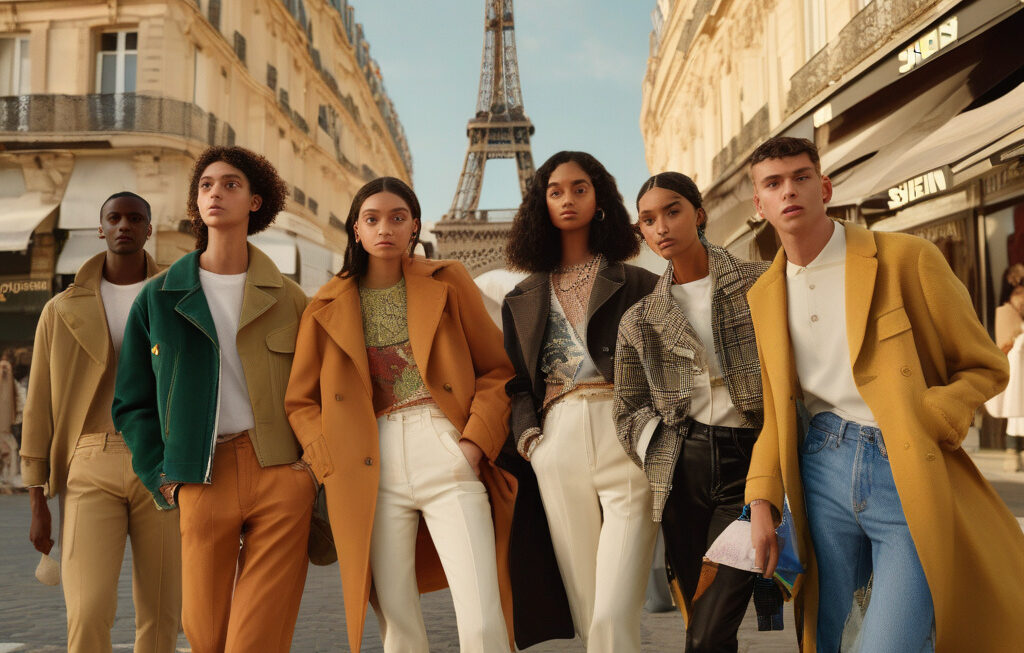Mexico Seeks Compensation from Adidas Over Indigenous-Inspired Collaboration with Willy Chavarria
Mexico is at the forefront of protecting its rich cultural heritage as it pursues potential legal action against global sportswear giant Adidas. The controversy stems from a collaboration between Adidas and designer Willy Chavarria, which resulted in the release of the “Oaxaca Slip On” shoe. This footwear allegedly bears a striking resemblance to the traditional Indigenous huarache sandal, a design deeply rooted in Mexican cultural heritage. However, what makes this collaboration contentious is the lack of recognition, credit, or benefits extended to the local artisans who have preserved and passed down this traditional craftsmanship for generations.
The “Oaxaca Slip On” by Willy Chavarria for Adidas sparked outrage within Mexico, where the appropriation of Indigenous designs without proper acknowledgment is a sensitive and recurring issue. The huarache sandal holds significant cultural and historical value, representing more than just a fashion statement. It embodies centuries of tradition, stories, and craftsmanship that are integral to the identity of Indigenous communities in Mexico, particularly those in the Oaxaca region.
By releasing a shoe that closely mimics the huarache sandal without involving or compensating the artisans who have safeguarded this cultural legacy, Adidas and Willy Chavarria have inadvertently ignited a debate on cultural appropriation and ethical collaboration practices in the fashion industry. The failure to credit or collaborate with local artisans not only disrespects their intellectual property rights but also perpetuates a cycle of exploitation and erasure of Indigenous voices and contributions.
Mexico’s stance on holding Adidas and Willy Chavarria accountable for this oversight sends a powerful message to the fashion world and beyond. It underscores the importance of ethical collaborations, cultural sensitivity, and fair compensation for the communities that inspire and enrich creative endeavors. By seeking compensation and recognition for the Indigenous artisans behind the huarache sandal, Mexico sets a precedent for upholding cultural integrity and fostering equitable partnerships in the fashion industry.
This incident serves as a reminder to brands and designers about the significance of due diligence, respect, and reciprocity when drawing inspiration from Indigenous cultures and traditions. It highlights the need for transparent processes, genuine engagement with local communities, and the fair distribution of benefits derived from these collaborations. As consumers increasingly demand authenticity, accountability, and social responsibility from the brands they support, instances of cultural appropriation like this one can have far-reaching consequences on a company’s reputation and bottom line.
In a globalized world where cultural exchange and cross-cultural collaborations are prevalent, the Adidas-Willy Chavarria partnership serves as a cautionary tale of the pitfalls of overlooking the origins and significance of traditional designs. It underscores the importance of centering Indigenous voices, perspectives, and agency in creative projects to ensure that cultural heritage is celebrated, preserved, and respected with integrity.
As Mexico takes a stand against cultural appropriation and advocates for the rights of Indigenous artisans, the fashion industry faces a pivotal moment of reflection and action. By learning from this controversy and implementing more inclusive and ethical practices, brands and designers can not only avoid reputational damage but also contribute to a more equitable and respectful creative landscape that honors diverse cultural traditions and promotes meaningful cross-cultural exchange.
Mexico, Adidas, Willy Chavarria, CulturalAppropriation, EthicalFashion, IndigenousRights












